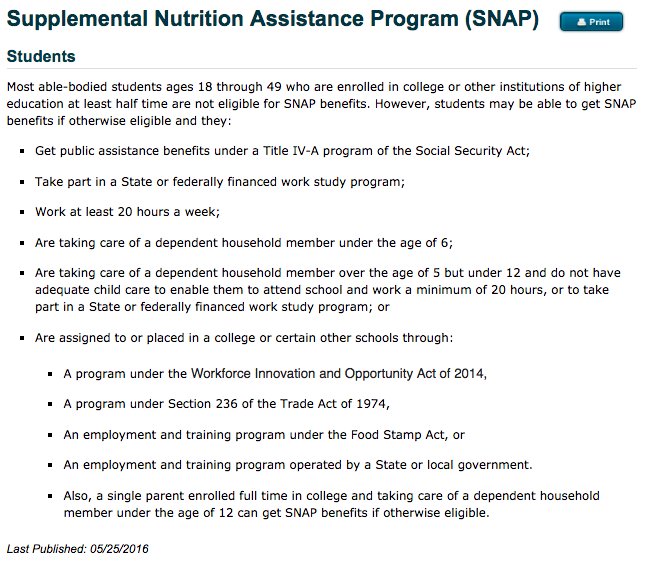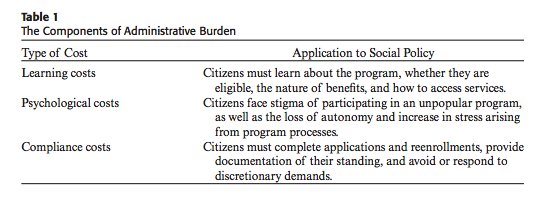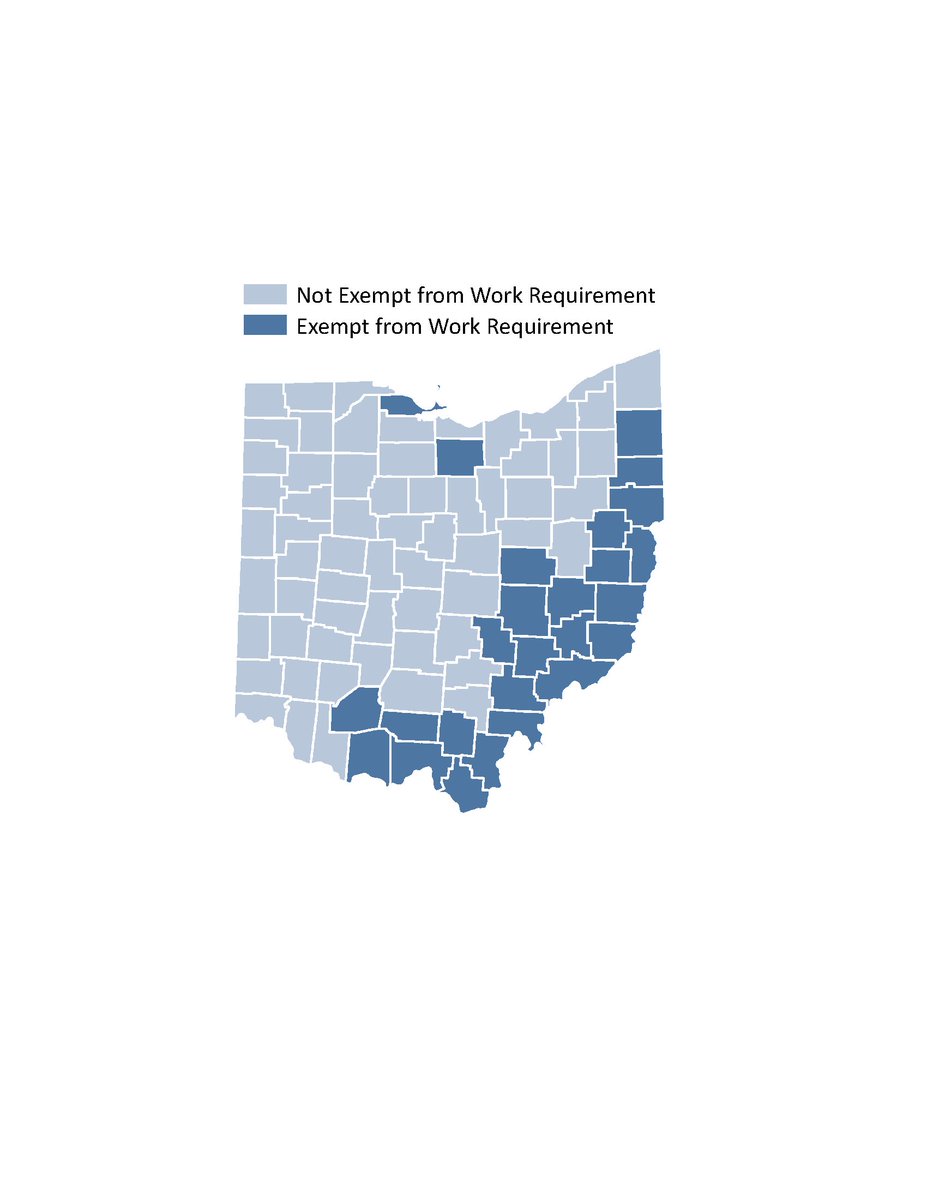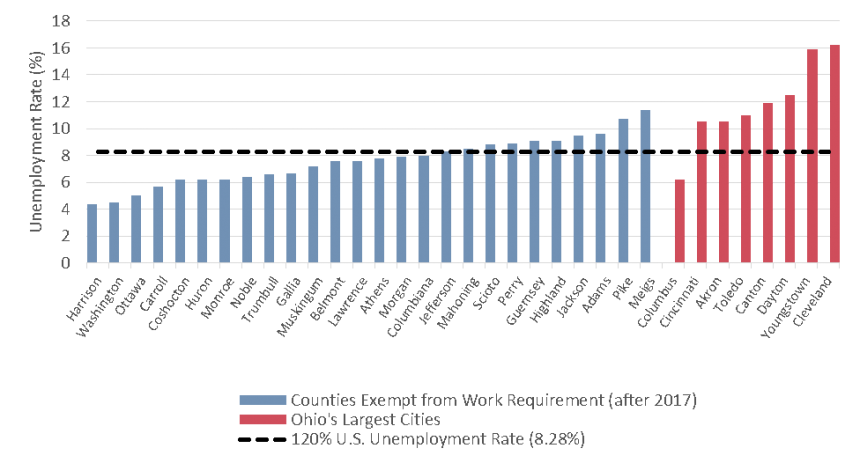This complexity has a number of sources.
But almost all these changes are ADDITIVE: making the program *more* complex to accommodate an outlier.
Public policy ends up like the rock layers in the ground.
X person isn't eligible, though they SHOULD be. So we add an exception! But not everyone in that bucket should be eligible, so there are exceptions to the exceptions.
Now: verify it all.
We are adding complexity to increase eligibility for a program, *but* that complexity will be borne by *every* client who now, say, has to answer that additional question.
So you can make more people eligible but also drop previously-eligible people by creating a friction barrier.
fns.usda.gov/snap/students
You can practically see the individual stories here.
But this is (a) complicated for clients, (b) complicated for workers, (c) costly to administer!

- Conversion dropoff on a complex application form
- The funnel of eligibility steps (say, 15% loss at interview)
But—iterated over decades—we end up with deeply costly levels of complexity.
- Harder for people it serves to understand
- High-cost to administer
- Harder to garner and maintain political support (take ACA's complex market subsidies vs. the simplicity of Medicare)
Really.
Isn't that...like...10 people? Maybe?
ALSO YOU HAVE A LIST OF THOSE PEOPLE.

(Aside: our IBI team is doing heroic work on this problem.)
What we need is to truly simplify based on real costs and benefits.
Way easier to see the new eligible person than the one who dropped off on that question.





